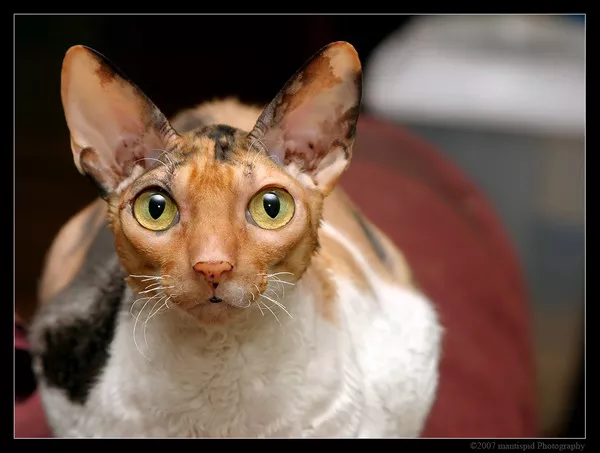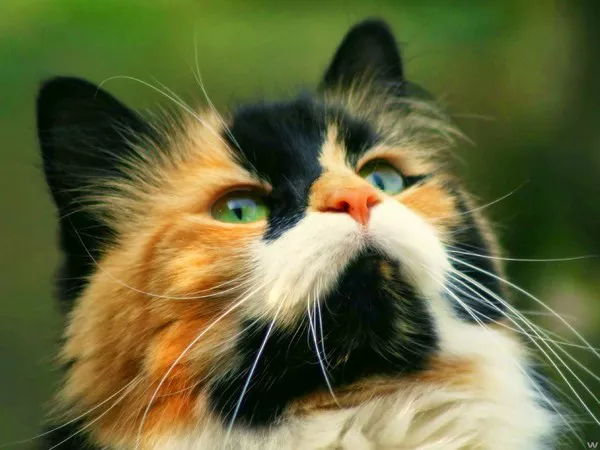The Cornish Rex is a unique and beloved breed of cat known for its distinctive curly coat, sleek body, and playful demeanor. As with all cat breeds, providing proper nutrition is essential for maintaining the health and well-being of Cornish Rex cats. However, determining the appropriate amount of food to feed a Cornish Rex can be challenging due to factors such as age, weight, activity level, and individual metabolism. In this article, we delve into the considerations and guidelines for determining how much food a Cornish Rex needs to thrive.
Understanding the Cornish Rex’s Dietary Needs
Cornish Rex cats have specific dietary requirements to support their unique physiology and maintain optimal health. Like all cats, Cornish Rex cats are obligate carnivores, meaning they require a diet rich in animal protein to meet their nutritional needs. A balanced diet that provides essential nutrients such as protein, fat, vitamins, and minerals is crucial for supporting their overall health, immune function, and energy levels.
Factors Influencing Food Requirements
Several factors influence the amount of food a Cornish Rex cat needs, including:
1. Age: Kittens require more calories and nutrients to support their growth and development compared to adult cats. As Cornish Rex kittens mature into adulthood, their food requirements may change, necessitating adjustments to their diet and portion sizes.
2. Weight: The weight of a Cornish Rex cat can vary significantly depending on factors such as genetics, metabolism, and activity level. Cats that are overweight or underweight may require adjustments to their food intake to achieve and maintain a healthy body condition.
3. Activity Level: Cornish Rex cats are known for their playful and energetic nature, often requiring more calories to fuel their active lifestyles. Cats that engage in regular exercise and play may require larger portions of food to meet their energy needs compared to sedentary cats.
4. Metabolism: Individual cats may have varying metabolic rates, affecting their calorie requirements and how efficiently they utilize food for energy. Some Cornish Rex cats may have fast metabolisms and require larger portions of food, while others may have slower metabolisms and require smaller portions to prevent weight gain.
Determining Portion Sizes
While there is no one-size-fits-all answer to how much food a Cornish Rex cat needs, there are guidelines and recommendations to help determine appropriate portion sizes:
1. Follow Feeding Guidelines: Start by following the feeding guidelines provided by the manufacturer of your cat’s food. These guidelines typically recommend serving sizes based on factors such as age, weight, and activity level.
2. Monitor Body Condition: Monitor your Cornish Rex cat’s body condition regularly to ensure they are maintaining a healthy weight. Ideally, your cat should have a visible waistline when viewed from above, and you should be able to feel their ribs without excess fat covering them.
3. Adjust Portions as Needed: Adjust the portion sizes of your Cornish Rex cat’s food based on their individual needs and body condition. If your cat is gaining weight, consider reducing the amount of food you feed them, and if they are losing weight or not gaining enough, consider increasing their portion sizes.
4. Consider Wet vs. Dry Food: Consider offering a combination of wet and dry food to your Cornish Rex cat to provide variety and hydration. Wet food can help increase your cat’s water intake and may be more palatable for some cats, while dry food can help promote dental health and satisfy their natural urge to chew.
Special Considerations
Some Cornish Rex cats may have specific dietary needs or considerations that should be taken into account when determining portion sizes and feeding schedules:
1. Hairless Cornish Rex Cats: Hairless Cornish Rex cats may have higher energy requirements compared to cats with fur, as they expend more energy to maintain their body temperature. Monitor the weight and body condition of hairless Cornish Rex cats closely to ensure they are receiving adequate nutrition.
2. Health Conditions: Cornish Rex cats with underlying health conditions such as diabetes, thyroid disorders, or gastrointestinal issues may have specific dietary requirements that require careful management. Consult with your veterinarian to develop a tailored feeding plan for cats with special health considerations.
Conclusion
In conclusion, determining how much food to feed a Cornish Rex cat requires careful consideration of factors such as age, weight, activity level, and individual metabolism. Providing a balanced diet that meets their nutritional needs is essential for supporting their overall health and well-being. By following feeding guidelines, monitoring body condition, and adjusting portion sizes as needed, you can ensure that your Cornish Rex cat receives the appropriate amount of food to thrive and enjoy a long, healthy life by your side.

























